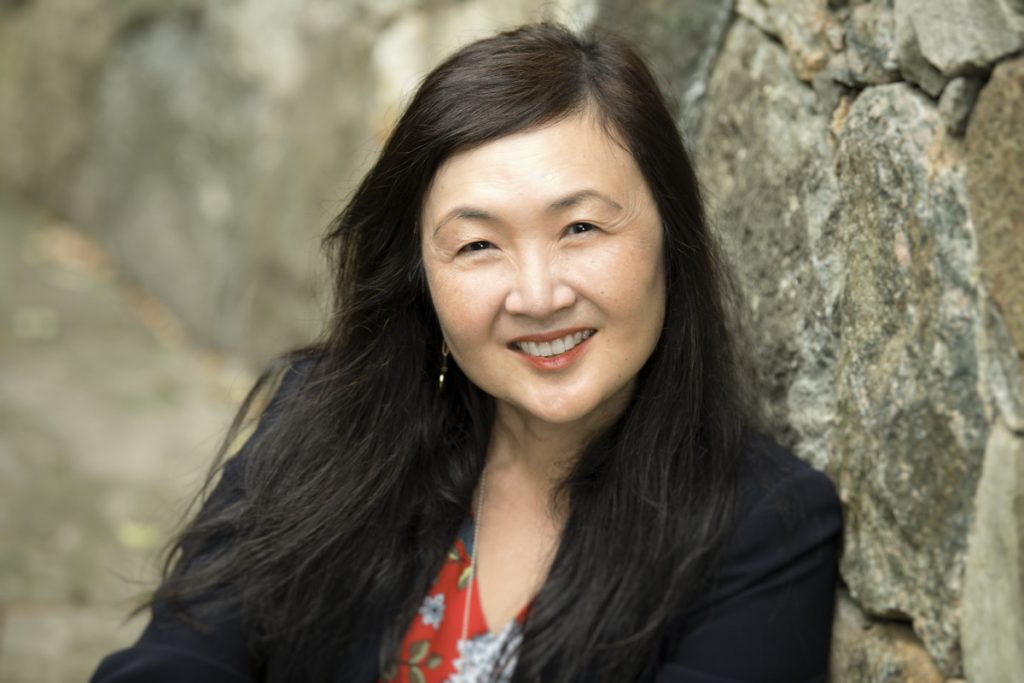In her upcoming weeklong class — the first Chautauqua Writers’ Center workshop of the 2022 season — novelist and educator Jimin Han wants to shake things up a bit for attendees.
“If you offer different ways to look at writing, you can change up some of these habits that you might’ve formed — it’s really (going) to help people to look at their writing in a different way,” said Han, the Week One prose writer-in-residence.

Han, who teaches at both The Writing Institute at Sarah Lawrence College and Pace University, will give a reading from her unpublished novel, The Apology, at 3:30 p.m. June 26, in the Hall of Philosophy. Her workshop this week, titled “Five Days, Five Approaches to Prose,” will utilize prompts and pieces of writing that are not common in a creative writing workshop setting. Maggie Anderson, who was originally scheduled as the poet-in-residence, will not be in attendance during Week One.
Part of Han’s approach to leading workshops comes from her belief that questions about and critiques of a piece of writing need to be more direct.
“I really want people to ask specific questions about where a writer is coming from and about the writing they admire,” she said. “My go-to as a Korean-American writer is to know where everyone’s coming from.”
Han’s teaching is, in part, informed by author Matthew Salesses’ book, Craft in the Real World: Rethinking Fiction Writing and Workshopping, which emphasizes taking writers’ personal backgrounds and identities into consideration when reviewing their work.
“Years ago, when (Salesses) was an editor at Pleiades Magazine, he had a whole series on craft, and I wrote a piece about what I use with my classes,” Han said. “So we’ve talked a lot about context when it comes to fiction and nonfiction. I love that he has a book now about all these different things.”
Han said her novel, The Apology, which is scheduled to be published in May 2023, partially owes its genesis to the pain of losing her mother and friend.
“It feels a little corny to say ‘story is healing,’ but in this case, it really was,” she said. “The Apology is a book about a 105-year-old Korean woman who comes to the United States in order to stop this tragedy that’s going to happen in her family.”
Han, whose mother died in 2016, said that writing about her novel’s protagonist helped her to write some of her mother’s stories.
“Writing The Apology felt a bit like looking death in the face while I was writing,” she said.
Han also said that through her Week One class, she hopes to impart the idea of good literary citizenship to workshop attendees and young writers in general.
“My advice for writers is: Get to know everyone you can,” she said. “There are so many people who, while they were in school, started a reading series, or started magazines. Do whatever you can to be a good literary citizen.”




